Home > Key Stage One > Maths > Year One Planning > Term Two
Unit G – Number Tens and Ones
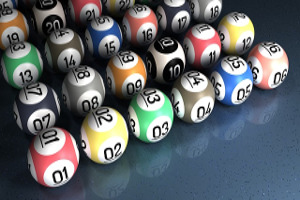
This maths scheme of work for Key Stage One gets the children to count, record and compare different numbers to fifty by their place value of their digits for tens and ones using concrete equipment and diagrams to model number values. The class can illustrate how to combine tens and ones to match numbers to fifty.

Count, record and compare different numbers to fifty by their place value of their digits for tens and ones using concrete equipment and diagrams to model number values
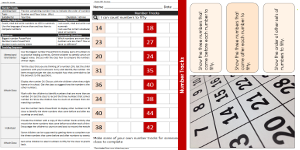
Lesson One : Number Tracks
Identify and record how to complete different number lines to indicate the order, value and sequence of a range of sets of numbers to fifty
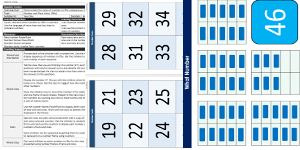
Lesson Two : Number Frames
Select and illustrate the value of different numbers to fifty by using their matching groups of tens and ones for the numerical digits in each number
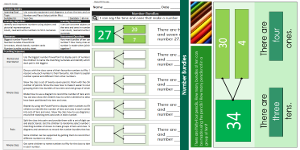
Lesson Three : Number Bundles
Model and record how to use concrete equipment and diagrams to show the tens and ones that comprise different numbers to fifty

Lesson Four : Number Building
Select and combine different sets of tens and ones to build a range of numbers to fifty to indicate the place of their numerical digits
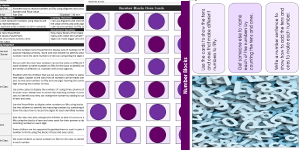
Lesson Five : Number Blocks
Identify and illustrate how to record the place value of the pairs of digits in different numbers to fifty using diagrams and concrete equipment
-

Word Matching
Identify, match and record the initial sounds that have been used in a range of cvc words beginning with different letters
-

Family Toys
Investigate and record how a selection of different toys and games that were owned by families have changed and developed over time
-
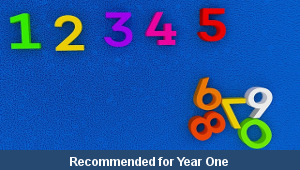
Subtraction Digits
Model and illustrate how to subtract pairs of single digit numbers within ten using concrete equipment and diagrams to support the subtraction calculations
-

Family Experiences
Practise composing and presenting some example stories with familiar settings to illustrate things that might be experienced by a family
